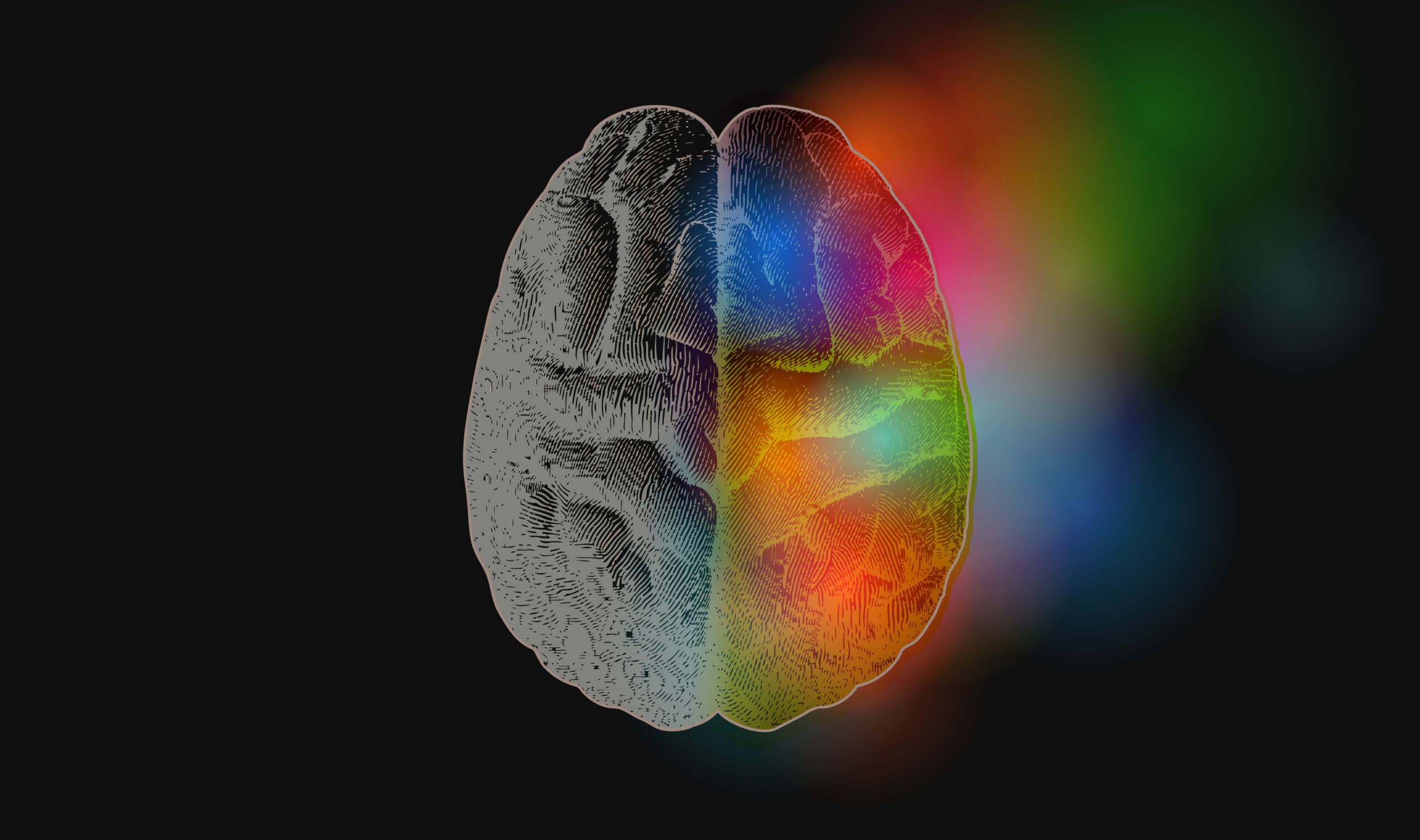As numerous unsuccessful clinical trials for drugs to treat or prevent Alzheimer’s disease conclude, researchers are directing their time and energy into other avenues to find therapies that will help improve the symptoms of patients with cognitive impairment associated with the aging brain.
A recent study, using brain stimulation, has been successful in helping restore working memory in older volunteers who demonstrated an age-related decline in the ability to process and store information. Researchers from Boston University found that by simultaneously stimulating temporal and prefrontal brain areas at a specific rhythm, older adults’ working memory was improved. The effects of the stimulation lasted 50 minutes following the non-invasive Transcranial Alternating Current Stimulation (tACS) procedure.
Working memory is important to healthy cognition; it allows people to store information in the mind for short periods of time to problem-solve, plan, reason, and make calculations and decisions. As we age, this ability naturally declines although the exact cause of the decline is not fully understood. However, with brain stimulation older adults are temporarily able to perform tasks with greater speed and accuracy, very similar to the abilities of much younger adults.
The study, published in the journal Nature Neuroscience, is exciting as it helps to open up new research that could one day treat people suffering from brain disorders that affect memory and function including schizophrenia, autism and Alzheimer’s disease. Noninvasive electro-stimulation could be a drug-free intervention that may one day help reverse age-related cognitive decline and treat a variety of cognitive impairments.
Learn more about this exciting new research by following this link to the Boston University Research website.






Add Your Voice
0 Comments
Join the Discussion